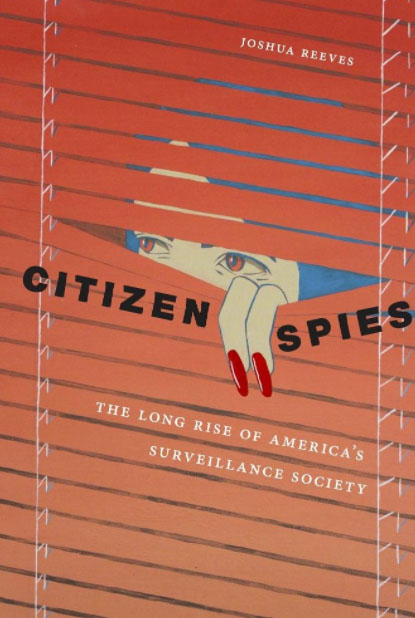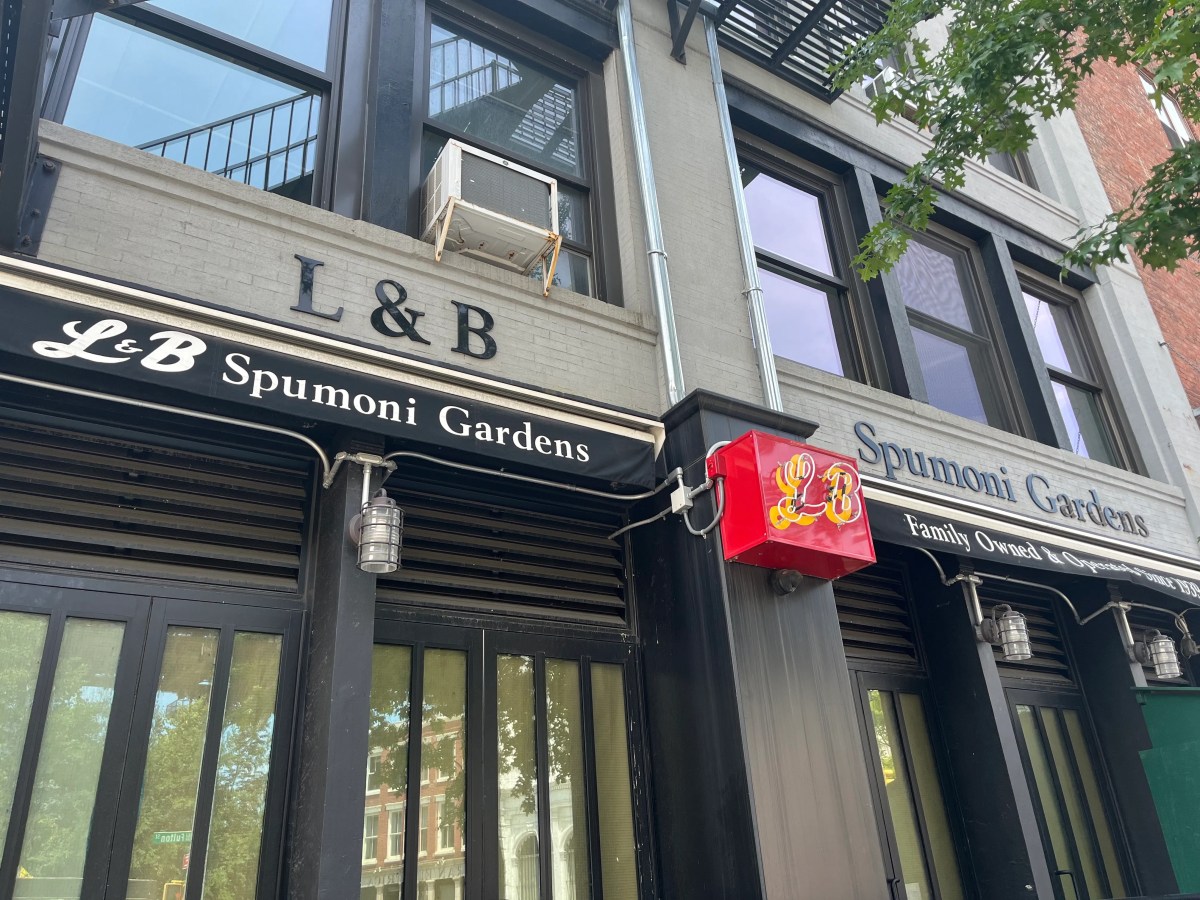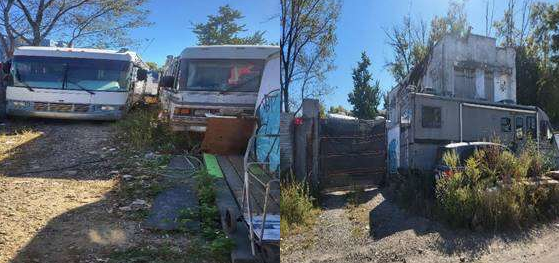
BY LENORE SKENAZY | If you see something, say something.
That campaign, launched in New York after 9/ 11 and rolled out nationally in 2010, suggests that anyone and anything we see could be out to get us, so our job is to immediately alert the authorities.
What a wonderful way to turn kind, caring citizens into paranoid busybodies who don’t even actually help each other. All they do is call 911 and smile smugly.
EXPRESS YOURSELVES
“People are submitting thousands and thousands of tips a day,” said Joshua Reeves, author of “Citizen Spies: The Long Rise of America’s Surveillance Society” (NYU Press). He has examined these tips, including gems like, “Someone is standing next to a water fountain, checking their wristwatch.” And, “I saw a suspicious person watching her daughter on the playground.” As a result of being asked to err on the side of extreme caution, said Reeves, “There’s this sort of extended paranoia throughout the culture that everything is a potential signifier of terrorism or crime.”
Consider this sign I saw on New Jersey Transit last week. It began with the usual, “If you see something, say something,” but added, “If it doesn’t feel right, it probably isn’t.”
Ah, but what if you have been primed by years of going through airport security, being forced to ditch your four fluid ounces of Head & Shoulders in case it is a bomb? At some point, our common sense gets corrupted and even the most innocent items and activities don’t “feel right” anymore. And so we turn to the authorities.
In turn, the authorities just keep getting more… authority. You see something like this happening at schools, with kids being told to report any possible bullying to the adults in charge; and on college campuses, where the same goes for students encountering the slights known as “microaggressions.” Of course, no one wants real harassment going unchecked. But our young people are being taught that they are not competent enough to examine or solve interpersonal problems on their own.
To Reeves (and now me), this is the one-two punch of the problem: Not just that we overreact to innocent “triggers,” but that we are told to outsource the solution.
Two examples: On the subway, there are signs that say (I’m quoting from memory): “If you see a sick passenger, do not attempt to help them yourself. Alert an MTA employee or the police.”
So we’re not supposed to exercise basic compassion? Only the authorities are qualified to help another human?
Example No. 2: We have also been told to dial 911 if we see a child waiting in a car. This makes us believe that a few minutes’ car wait is automatically dangerous, even though most of us remember waiting in the car when we were kids. But once again, our common sense has been curdled by constant warnings of the worst-case scenario — in this case, the rare deaths of kids forgotten in cars for hours. So now, if we’re not seeing terrorists, we’re seeing terrible parents.
But here’s the thing. When parents tell me about coming out of Walgreens only to find someone dialing 911 and screaming at them for “abandoning” their child, the screamers don’t seem to recognize that they were watching the child. They could make sure no kidnapping occurred. (An extremely unlikely crime anyway.) They could hang out a few minutes, making sure the parents returned, and then say something like, “Hi! Just watching to make sure you got back soon. Your kid is so cute. Have a great day.”
That is what good Samaritans do. Opening a Child Protective Services investigation on a mom who dashed in to get some Tylenol is what good Samaritans do not do. Yet today’s Samaritans are asked to spy on their neighbors and turn them in.
Reeves has felt this in his own life. He and his wife have four kids and the oldest, age seven, goes to karate six blocks away.
“We would love to be able to send him over there by himself but we won’t do it,” said Reeves.
They fear that a citizen pumped with fear and armed with a cell phone could call 911 to report a case of child neglect.
Usually, this will not happen. But if we want to create the kind of place we’d like to live, a place where onlookers wave to kids and help them cross the street, we have to dial back the culture of dialing up the cops.
Asking citizens to assume the worst at all times is making us paranoid. But asking us to involve the authorities is even creepier: It is making us forget how normal and nice it is to be kind.
Lenore Skenazy is the author and founder of the book and blog “Free-Range Kids” and a contributor at Reason.com.





































